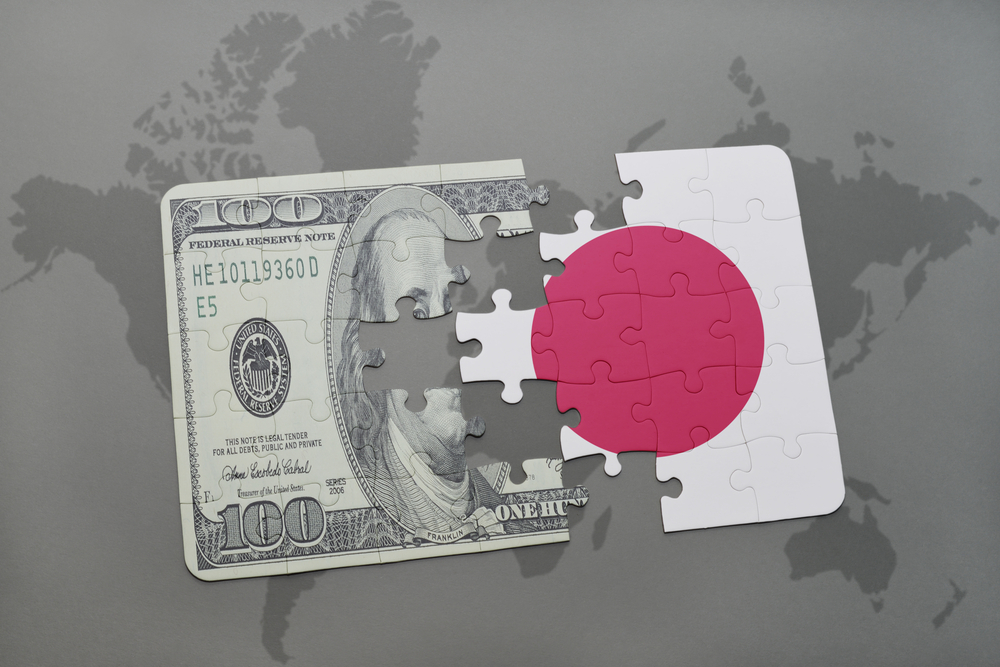National Association of Insurance Commissioners (NAIC) officials met with representatives from the Financial Services Agency of Japan (FSA) this week to discuss issues of mutual concern, including cross-border reinsurance treatment.

The conversation took place at the Seventh NAIC-FSA Insurance Regulatory Dialogue – a biannual meeting that brings together regulators from the world’s two largest insurance markets, the United States and Japan. These two countries represent more than 47 percent of worldwide premium income. The meeting was established to further develop and enhance the mutual understanding of each jurisdiction’s respective regulatory frameworks and to advance the supervision of cross-border insurance groups.
Topics discussed included cross-border reinsurance treatment, the implications of the low and negative interest rate environment on insurance and key issues at the International Association of Insurance Supervisors (IAIS), including systemic risk assessment.
“More than ever, the two largest insurance markets in the world must continue to work together to ensure that international standards are practical and implementable, resulting in benefits for not only supervisors, but also consumers and insurers overall,” Ted Nickel, NAIC president and Wisconsin Insurance Commissioner, said. “Through our work here, and our continued cooperation with our friends from Japan, the supervision of global insurance groups is continually strengthened.”
Nickel was joined at the meeting by Hawaii Insurance Commissioner Gordon Ito and NAIC CEO Mike Consedine. The NAIC delegation also met with the U.S. Treasury attaché in Tokyo and U.S. industry members to learn more about recent developments and current trends in the insurance market in Japan.
“The dialogue contributes significantly to the enhancement of mutual understanding and trust between the NAIC and FSA,” Shunsuke Shirakawa, vice commissioner for International Affairs of FSA, said. “It also plays an important role in exchanging our views on the work of the IAIS.”